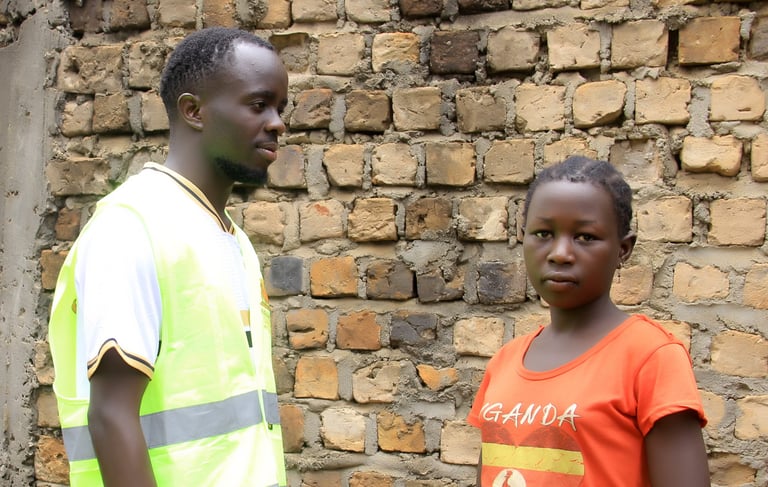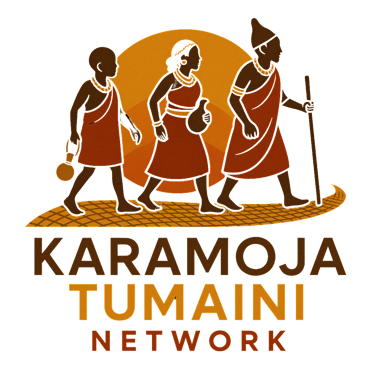At 14, Susan (name changed) knows too well the loneliness of growing up without a family. She was raised by her grandmother in a small manyatta near Amudat, where life, though simple, gave her a sense of belonging. Together they fetched water, collected firewood, and shared quiet evenings. But when her grandmother passed away, Susan was left with no one to turn to. A neighbour offered to take her to Kampala, but after a quarrel, she was thrown out and found herself alone in Katwe.
Today, Susan survives by selling sweets and chewing gum in the heavy Kampala traffic. She darts between cars, dodges insults, and disappears quickly when night patrols come. She has learned to move with the rhythm of the streets, but each time she sees girls in neat school uniforms, her heart aches. “I don’t want riches,” she says softly. “Just a desk, a pen, and a chance.”
She remembers with longing the little village school where she once learned to write her name. To her, the memory of that wooden desk and chalkboard is as precious as any treasure. Susan dreams of returning to school, not only to study but to build a future as a midwife. “I want to help mothers and babies,” she explains, her voice steady despite her circumstances.
For Karamoja Tumaini Network (KTN), Susan’s story reflects the struggles faced by many children who slip into Kampala’s streets after losing family support. But it also shows the persistence of hope, the belief that life can be more than just survival. KTN is committed to restoring dignity and opportunity for children like Susan, helping them reclaim their right to safety, education, and a future.
Supporting Susan is not about charity alone; it is about offering her the chance to turn pain into purpose. With help, her wish for “a desk, a pen, and a chance” could become more than a dream, it could be the beginning of a journey that changes her life and the lives of those she hopes one day to serve.
Compile by Logwee John Mark
Susan’s dream is to return to the classroom




